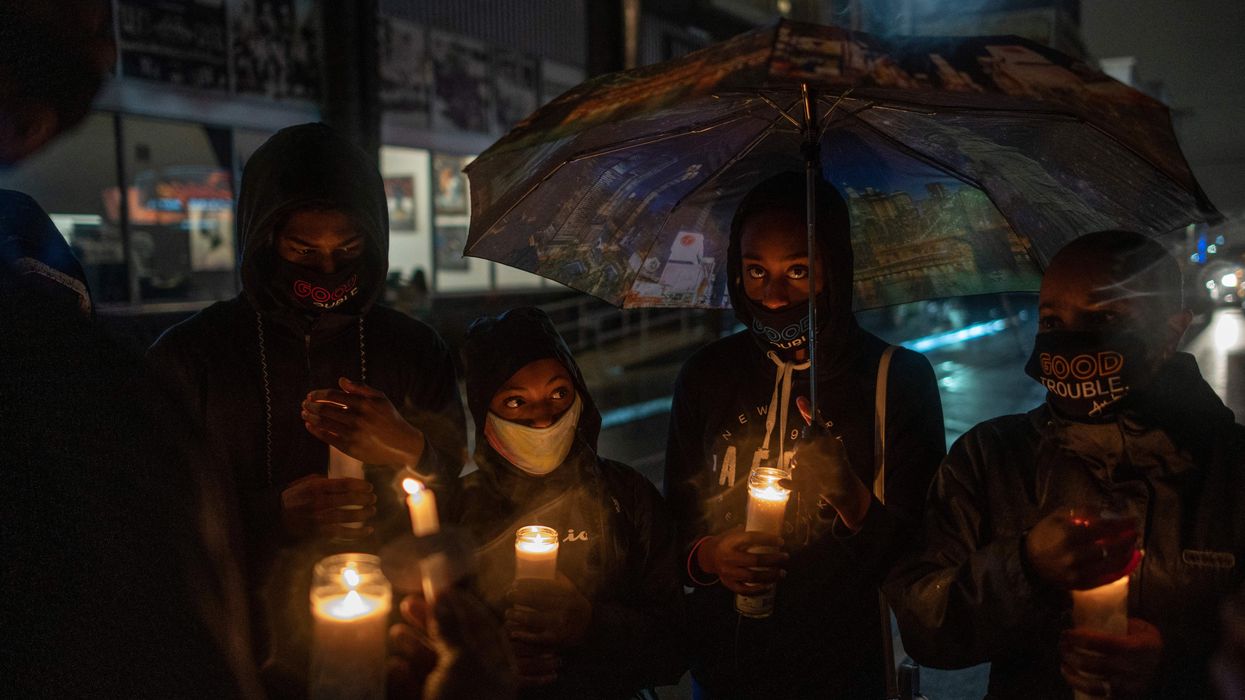Molineaux is co-publisher of The Fulcrum and President/CEO of the Bridge Alliance Education Fund.
The Tulsa Race Massacre happened 100 years ago today. Before last year and the kerfuffle over a campaign rally in Tulsa, I had not heard about it. Neither had my friends who grew up without a tradition of oral history. Our history books are devoid of stories centered by those who were oppressed, victimized or marginalized. This is critical to understand as we reckon today with all of our nation's history.
A family member asked me on Memorial Day if I'd ever heard about the Tulsa massacre, because they had not learned it in their history class. I heard in the question an opening to hear these stories, an opening that wasn't present last year. Where previously my family member has dismissed the idea that our government or military would commit atrocities or genocide, there was curiosity about why these stories have been suppressed for 100 years.
In short, stories that make the victors of a conflict look bad are always repressed in the immediate aftermath. Because winners write history. Let us not take 100 years to self-reflect or look for the stories of those who were not victorious, who were marginalized and, possibly, victimized by the winners.




















